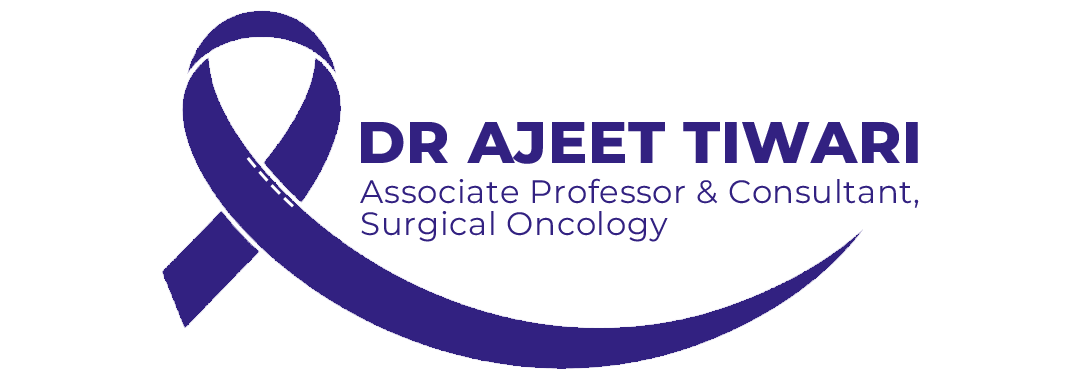Breast cancer
Breast Cancer
Breast cancer, a prevalent malignancy affecting the breast tissue, is a significant public health concern globally. It often begins as a lump or abnormal growth in the breast, which can develop into cancer over time. Early detection through screening tests like mammograms can greatly improve outcomes, as symptoms may not manifest until the disease is advanced. Factors such as maintaining a healthy diet, regular exercise, and awareness of family history play crucial roles in prevention.
Treatment options vary depending on the stage of cancer but may include surgery, chemotherapy, radiation therapy, hormone therapy, and targeted therapies. Increased awareness, coupled with regular screenings and healthy lifestyle choices, is paramount in combating this disease.
Risk Factors
- Gender: Being female is the most significant risk factor.
- Age: The risk increases with age, especially after 50.
- Family history: Individuals with close relatives who have had breast cancer are at a higher risk.
- Genetic mutations: BRCA1 and BRCA2 gene mutations significantly increase the risk.
- Personal history of breast cancer or certain non-cancerous breast diseases.
- Radiation exposure: Previous exposure to radiation therapy, especially to the head and neck.
Symptoms
- A new lump or mass in the breast
- Swelling of all or part of a breast
- Skin irritation or dimpling
- Breast or nipple pain
- Nipple retraction (turning inward)
- Redness, scaliness, or thickening of the nipple or breast skin
- Nipple discharge other than breast milk
Diagnosis
- Screening tests: Mammograms, breast MRI, and clinical breast exams are commonly used for early detection.
- Diagnostic tests: Biopsy, ultrasound, and imaging tests like CT scans or MRIs may be performed to determine the extent and stage of the cancer.
Treatment
- Surgery: Options include lumpectomy (removal of the tumor and some surrounding tissue) and mastectomy (removal of one or both breasts).
- Radiation therapy: High-energy beams are used to kill cancer cells or stop them from growing.
- Chemotherapy: Drugs are used to kill cancer cells or stop them from growing.
- Hormone therapy: Used to block cancer cells from getting the hormones they need to grow.
- Targeted therapy: Drugs or other substances specifically target cancer cells without harming normal cells.
Breast cancer is a disease where malignant cells form in breast tissue, potentially spreading to other body parts. A breast oncologist specializes in diagnosing and treating breast cancer through surgery, chemotherapy, radiation, and other therapies. Dr. Ajeet Tiwari, a breast oncologist in Dehradun, is a leading expert in breast oncology, offering personalized care and advanced treatment options.

